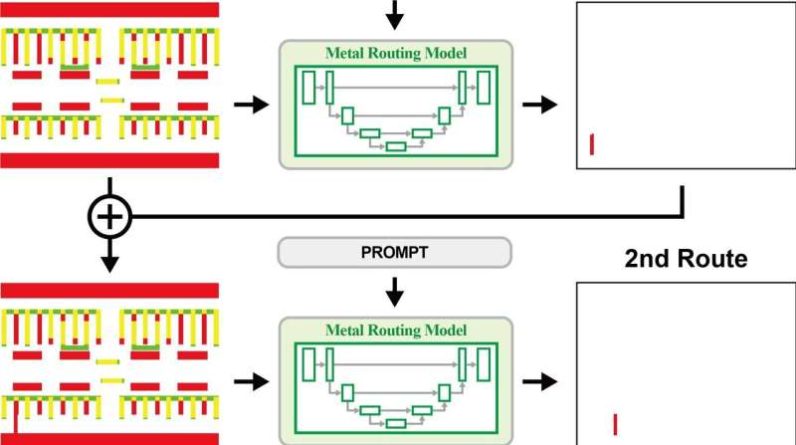
The CIA has a storied legacy conducting U.S. intelligence gathering operations with human agents. But as the agency onboards more innovative digital technologies to enhance that mission, AI agents now have the potential to transform some CIA enterprise operations, its AI chief said Tuesday.
Asked Tuesday at the AWS Public Sector Summit what AI trend or capability she’s most excited about, Lakshmi Raman pointed to agentic AI — the emerging field of AI that goes a step beyond generative AI to enlist AI agents to take action on behalf of a user.
Specifically regarding the acceleration of enterprise automation and use cases that aren’t on the mission edge, Raman said: “I think AI agents are really exciting to help us in our business use cases.”
“I think AI agents can help us with our help desk. I think AI agents can help us fill out forms automatically so that then we can go look and make sure it’s all been addressed and hit submit, right? I think there’s a lot of opportunity there for us again to get the productivity gains that we’re looking for,” she explained, emphasizing that it must be done “always with a human at the crucial step to review what’s going on.”
Even in a lower-stakes, business-side supporting function, AI agents still come with some concerns, Raman said.
That includes “drift” — when a model’s performance changes or degrades over time because the underlying data shifts from real-world conditions — as well as “probably a little bit of a bigger black box,” she said, referring to being able to understand the algorithms of a large language model and explain why they arrive at an outcome.
“What’s going on inside of that black box, and can you have a level of explainability around that to your users?” Raman said. “For us … being able to trust AI is an incredibly important concept, right? So, having the ability to explain that is very important.”
Agentic AI often culls data from multiple sources, which could generate legal and data compliance challenges for the CIA, its AI chief said.
“That’s huge … We could be calling from multiple databases to access data,” Raman said. “Ensuring that we are allowed to do so from a legal policy and data compliance perspective” requires extra compliance checks.
Still, despite those challenges, having AI agents that can navigate across multiple workflows and data streams could have major benefits.
“AI agents definitely have an opportunity to transform enterprise automation. Leveraging them to do complex, multi-step workflows, to do tool calling across a variety of databases and other foundational tools has tremendous potential,” Raman said.
She added: “Being able to gather data from multiple spaces, to be able to leverage AI agents for our cognitive aids is incredibly exciting.”
Ultimately, Raman said the CIA’s broad approach to AI is focused on “how humans and the AI are working together.”
“At the end of the day, it’s really the humans who are taking on the risk, who are deciding the intent and are making the decisions,” she said. “You know, whatever the machine output happens to be, really it’s about the human who’s deciding the level of oversight, the risk to take, and even whether to intervene, if possible.”
Written by Billy Mitchell
Billy Mitchell is Senior Vice President and Executive Editor of Scoop News Group’s editorial brands. He oversees operations, strategy and growth of SNG’s award-winning tech publications, FedScoop, StateScoop, CyberScoop, EdScoop and DefenseScoop.
After earning his journalism degree at Virginia Tech and winning the school’s Excellence in Print Journalism award, Billy received his master’s degree from New York University in magazine writing while interning at publications like Rolling Stone.
Reach him at billy.mitchell@scoopnewsgroup.com.





